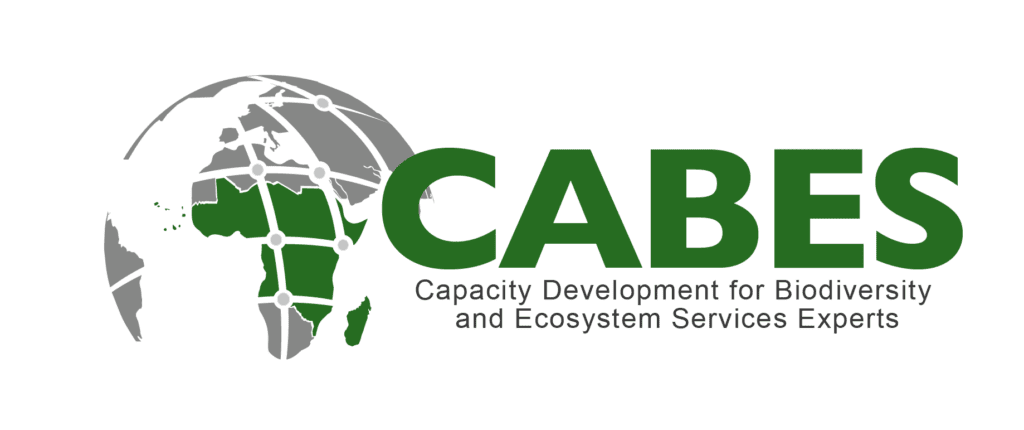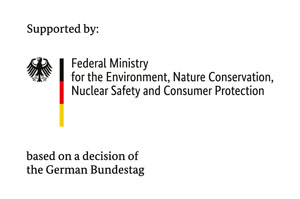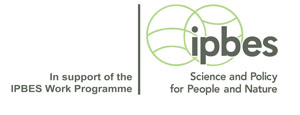The Intergovernmental Science-Policy Platform on Biodiversity and Ecosystem Services (IPBES) is an independent intergovernmental body established by States to strengthen the science-policy interface for biodiversity and ecosystem services for the conservation and sustainable use of biodiversity, long-term human well-being and sustainable development. It was established in Panama City, on 21 April 2012 by 94 Governments. It is not a United Nations body. However, at the request of the IPBES Plenary and with the authorization of the UNEP Governing Council in 2013, the United Nations Environment Programme (UNEP) provides secretariat services to IPBES. See here for more information on the history of IPBES.
The work of IPBES can be broadly grouped into four complementary areas:
Assessments
On specific themes (e.g. “Pollinators, Pollination and Food Production”); methodological issues (e.g. “Scenarios and Modeling); and at both the regional and global levels (e.g. “Global Assessment of Biodiversity and Ecosystem Services”).
Policy Support:
Identifying policy-relevant tools and methodologies, facilitating their use, and catalyzing their further development.
Building Capacity & Knowledge
Identifying and meeting the priority capacity, knowledge and data needs of our member States, experts and stakeholders.
Communications & Outreach
Ensuring the widest reach and impact of our work.
The rolling work programme up to 2030 of IPBES aims to advance the achievement of the overall objective of the platform, which is to strengthen the science-policy interface for biodiversity and ecosystem services for the conservation and sustainable use of biodiversity, long-term human well-being and sustainable development. The policy framework for the 2030 work programme corresponds to the 2030 Agenda for Sustainable Development, including the Sustainable Development Goals, the biodiversity-related conventions and other biodiversity and ecosystem service processes.
IPBES stakeholders
IPBES aims to promote effective engagement with stakeholders in all relevant aspects of its work. There are currently two stakeholder networks in operation: the Open-Ended Network of IPBES Stakeholders (ONet) and the International Indigenous Forum on Biodiversity and Ecosystem Services (IIFBES).
CABES is a registered member organisation of ONet. The goal of ONet is to bring together all stakeholders and groups of stakeholders interested in the Intergovernmental Science-Policy Platform on Biodiversity and Ecosystem Service (IPBES). The Network aims to facilitate and maximize the effective engagement of stakeholders and knowledge holders in the IPBES process, taking into account the diversity of its members.
ONet main objectives are:
- Foster a two-way communication between network members and IPBES;
- Disseminate information and material on IPBES products and achievements to a great variety of audiences;
- Reach out to a diversity of potential users and providers of information, data, knowledge to increase the relevance and use of the IPBES Platform;
- Strengthen support for the Platform’s deliverables from different regions and scientific disciplines;
- Mobilize resources for capacity-building; and
- Mobilize in-kind contributions from stakeholders.
How to engage with IPBES
- Register to IPBES Stakeholder registry,
- Join the Open-Ended Network of IPBES Stakeholders (ONet), at ONet webspace.



